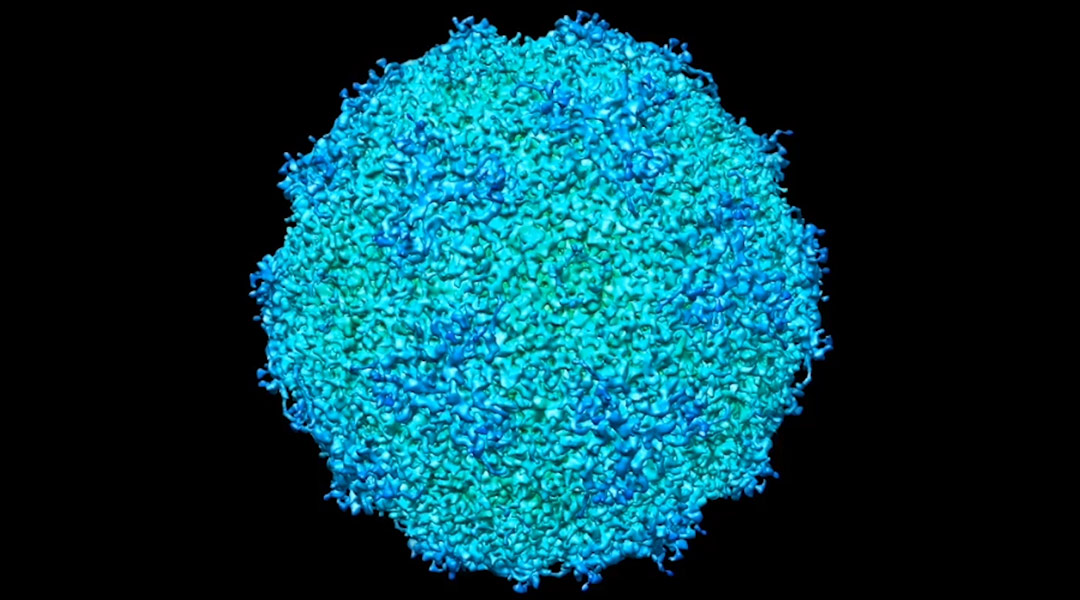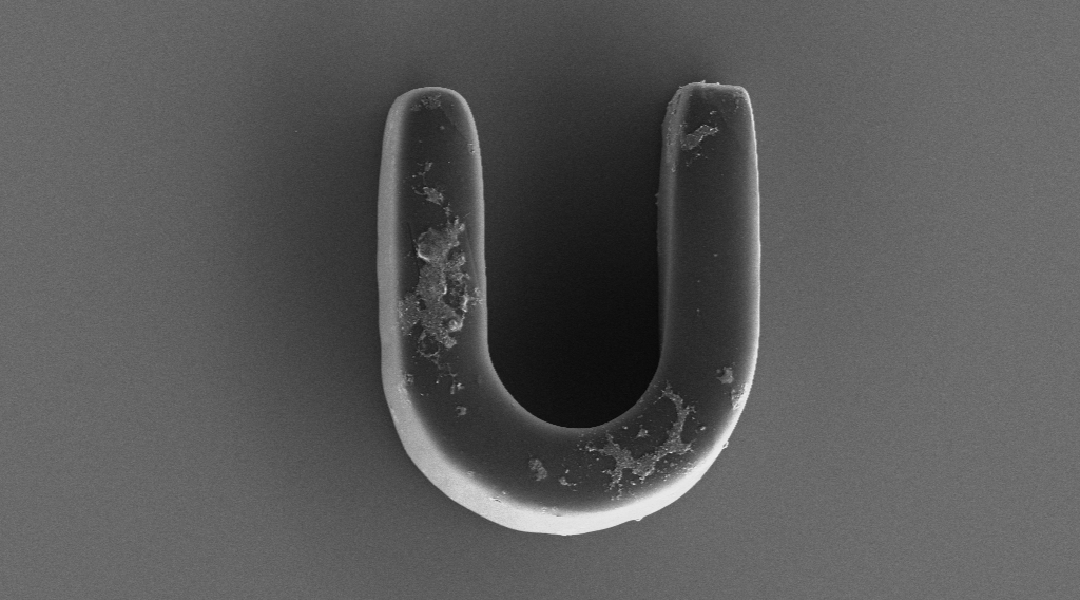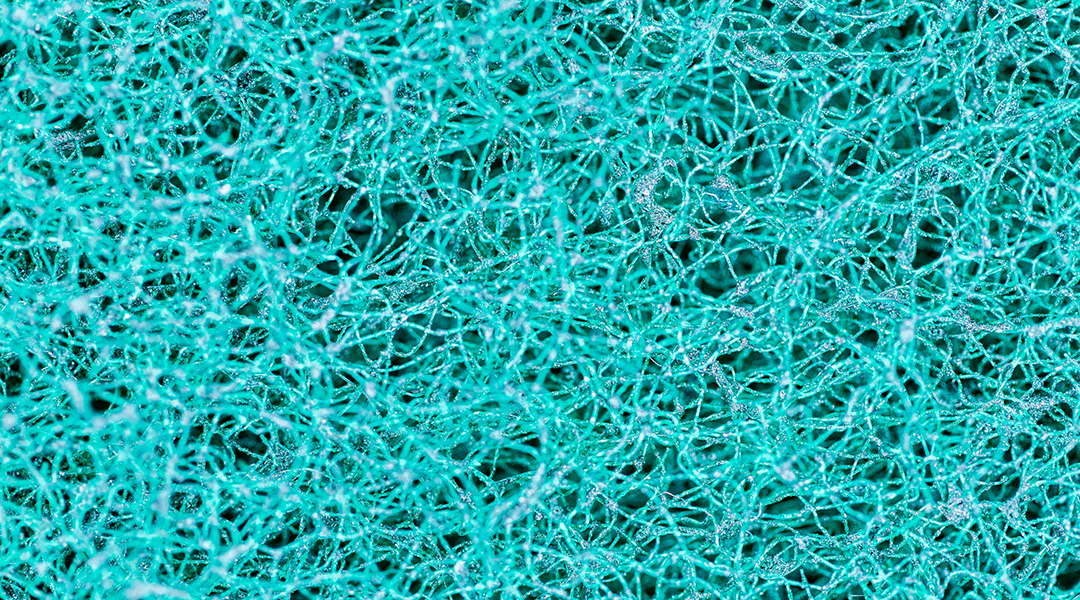While some would contend that materials discovery will breathe life into a hydrogen economy, it cannot realize its full potential unless production becomes less costly and more efficient.


While some would contend that materials discovery will breathe life into a hydrogen economy, it cannot realize its full potential unless production becomes less costly and more efficient.

Major climate change effects are irreversible, though there is still a small window of time to mitigate the worst.

Last August, #BlackinChem took the world by storm. This year, we spoke with two of the event’s organizers, Devin Swiner and Zemen Berhe, to learn more about what’s in store.

Liquid phase electron microscopy gives unprecedented insight into the behaviour and structure of adeno-associated virus in solution

Tiny swimmers shaped like different letters in the alphabet help researchers understand motion on the microscale for future microrobot applications.

An artificial synapse capable of simultaneously detecting neurotransmitters and light mimics memory and learning processes found in the brain.

The Anthropocene has been defined by its carbon emissions, but modern technological advancements may hold the key to breaking this habit.

Albert Zink, director at the Institute for Mummy Studies, investigates remains from the past to bring ancient stories to life.

An innovative advance dubbed “electro swing” may challenge the energy efficiency, capacity, and scalability of large-scale carbon capture.

A drug that changes conformation in response to light allows researchers to manipulate neural activity and investigate the link between brain states and behavior.